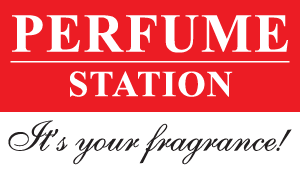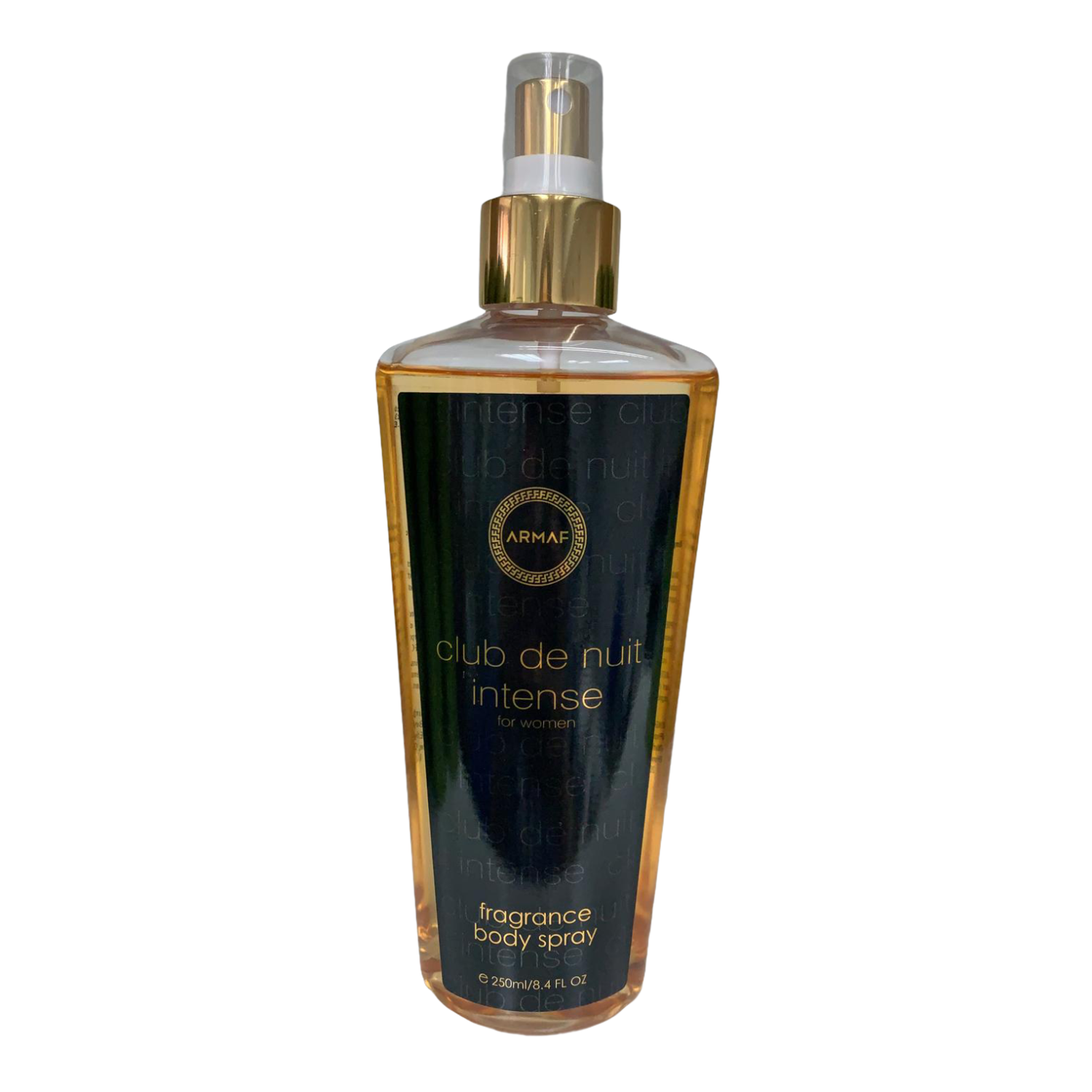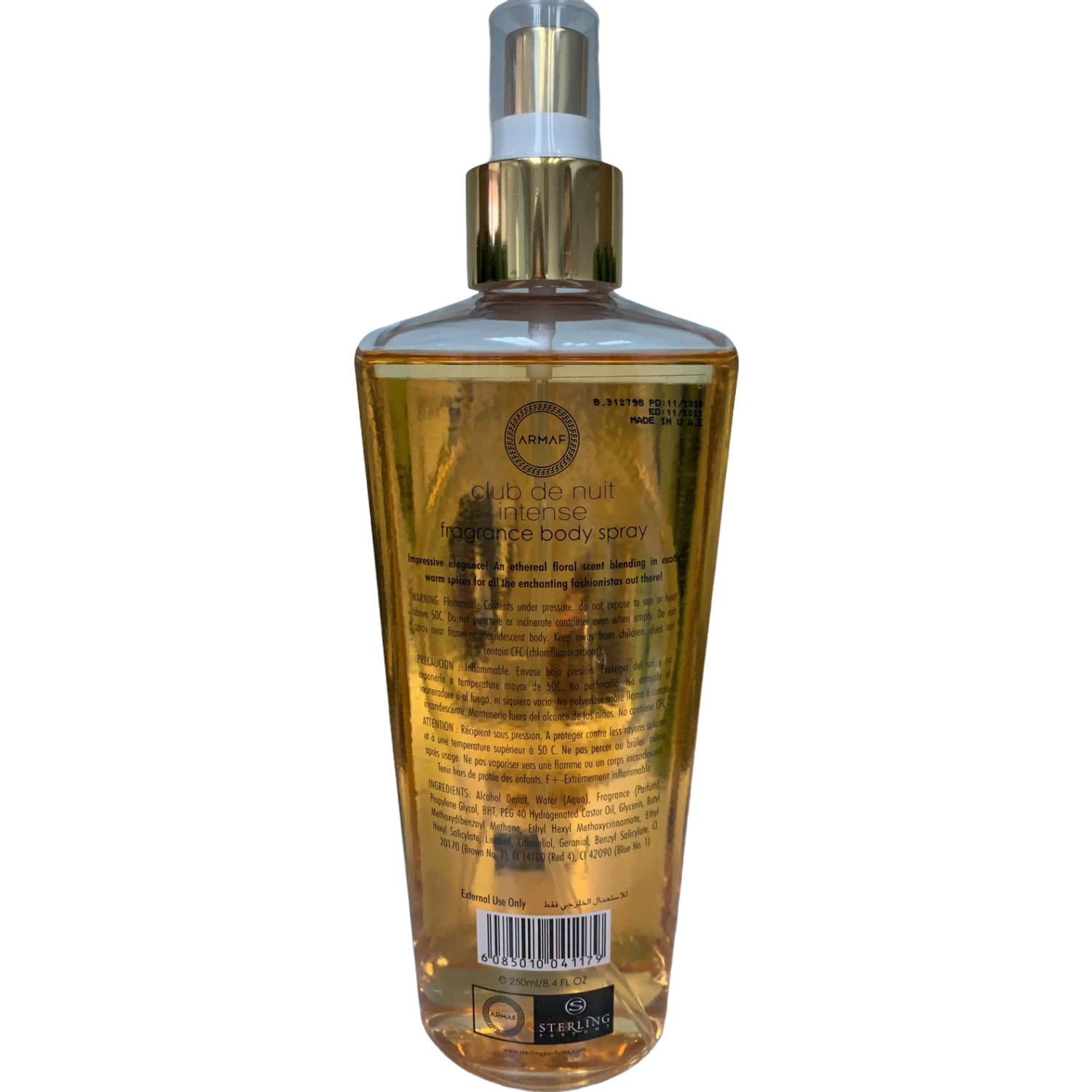Armaf Club De Nuit Intense Woman Body Splash 250mL
You Save: $ 121
Size 250mL
Ships within 2 working days
This fragrance is set to compliment your style and will make heads turn when you step out wearing it.
Manufactured by leading perfume brand, this fragrance is bound to get you compliments.
6 in stock
 Free Delivery In 3 To 5 Days
Free Delivery In 3 To 5 Days










Reviews
There are no reviews yet.